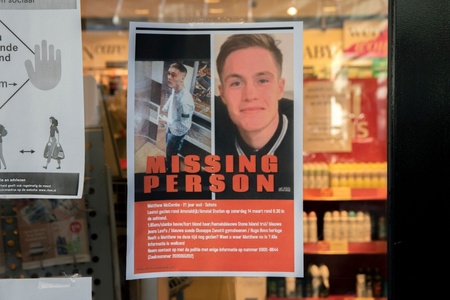Researchers from the University of Aberdeen have been awarded funding to look at how the photograph chosen by families of missing persons may impact the likelihood of them being recognised.
The researchers were awarded funding from the Royal Society of Edinburgh to look at whether it may be more effective to use a photo in which the missing person is expressing emotion, like sadness, when appealing to the public to find them.
According to the National Crime Agency, about 425 individuals went missing every day in 2019/2020 and Scottish Government figures report that the Police handle more than 22,000 missing person cases every year.
One of the most common means to locate missing or wanted persons is the release of their pictures to the general public. However, prior research suggests that people are poor at recognising or remembering missing or wanted individuals when shown a photograph.
Dr Katharina Schnitzspahn from the School of Psychology who is leading the study explains: “This project will examine the memory processes involved in the search for missing and wanted persons.
“Specifically, it tests if performance can be improved by using pictures in the search on which the missing persons display emotions.
“Memory for emotional information has been shown to be better than memory for neutral information so we predict that expressive pictures might help to optimize search campaigns and increase the probability of successful recoveries.
"I hope that the findings will help identify ways of improving the recognition of missing and wanted persons, enabling charities and the police to integrate the new knowledge in their search and training procedures.”
Louise Newell, from the National Crime Agency’s Missing Persons Unit (UKMPU), said: “The UK Missing Persons Unit recognises the need for further research in the field of missing people and welcomes this new study - the results of which will hopefully improve how missing person cases are publicised.
“We already encourage use of the best possible imagery to help find someone but understanding the relationship between pictures showing emotion and our memory of an individual could prove highly significant.”
The study is now underway and results are expected later in the year.
ENDS


